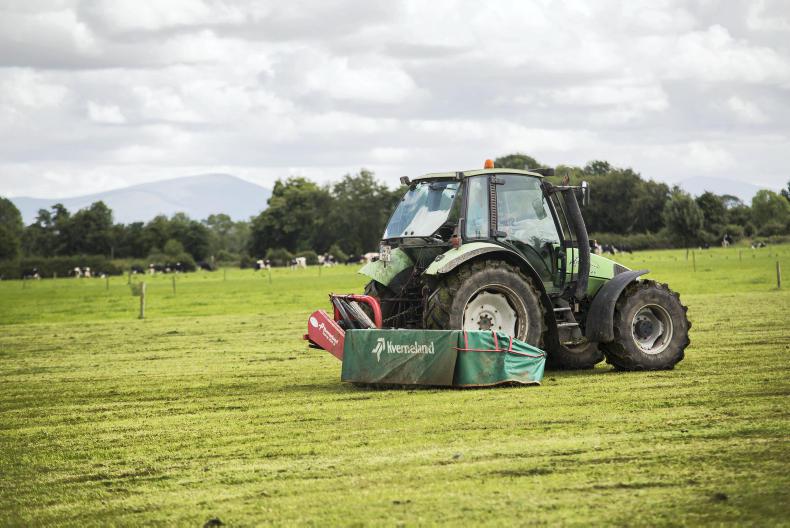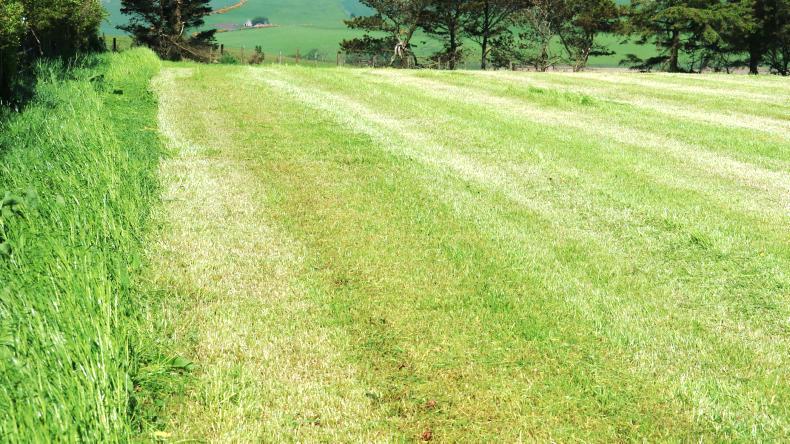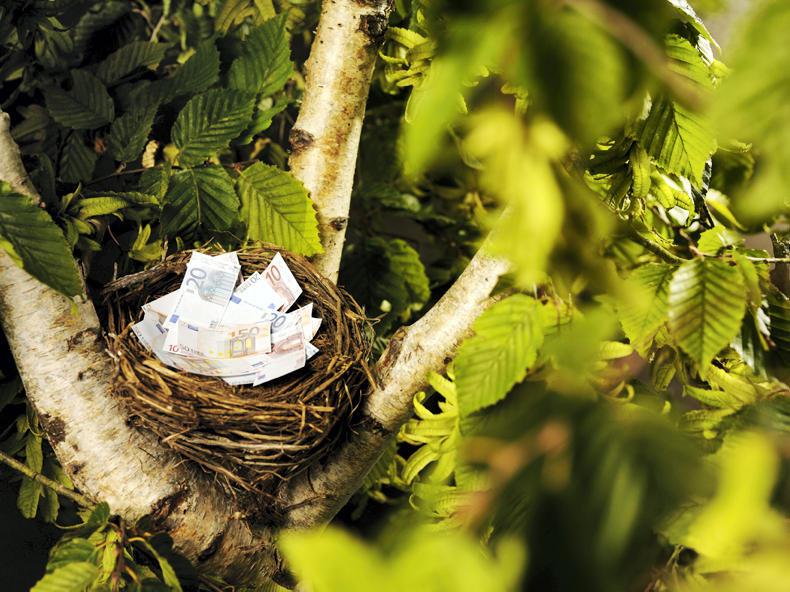After putting in place various arrangements to meet the definition of an active farmer and therefore establish entitlements in 2015, it appears many landowners have now traded their entitlements and moved back to conacre arrangements with tenants.
Figures obtained from DAERA by the Irish Farmers Journal show that the level of entitlement trading in NI increased by 72% in 2017, with 22,549 entitlements changing hands across 2,796 trading applications.
That compares with 13,095 entitlements traded across 1,479 applications in 2016.
Overall, the level of trading in 2016 and 2017 equates to 1.4% and 2.4% of the total number of entitlements in NI, respectively.
According to Omagh-based auctioneer Roy McCracken, the sharp increase in trading in the third year of the Basic Payment Scheme is due to the threat that these entitlements might have been lost.
He said that many landowners became active farmers and established entitlements in 2015, then let land out to tenants again in 2016 and did not claim the Basic Payment. They only traded their entitlements in 2017 when they realised they were going to be confiscated by DAERA (entitlements must be used at least every two years). “A lot were conacre arrangements in a roundabout fashion. There is still a grey area in the active farmer definition that is difficult to police,” McCracken said.
Another reason for the increased entitlement trading in 2017 appears to be landowners who decided to grow and sell grass in 2015 and 2016, but have since realised that it is not that profitable an activity.
Figures from DAERA show that there were 333 fewer applicants to the Basic Payment Scheme in 2017 that had more than 80% of their land in grass, but had no livestock recorded on APHIS.
In total, 1,144 grassland farmers with no livestock have applied for payments this year. A proportion of these may be winter beef finishers.










SHARING OPTIONS